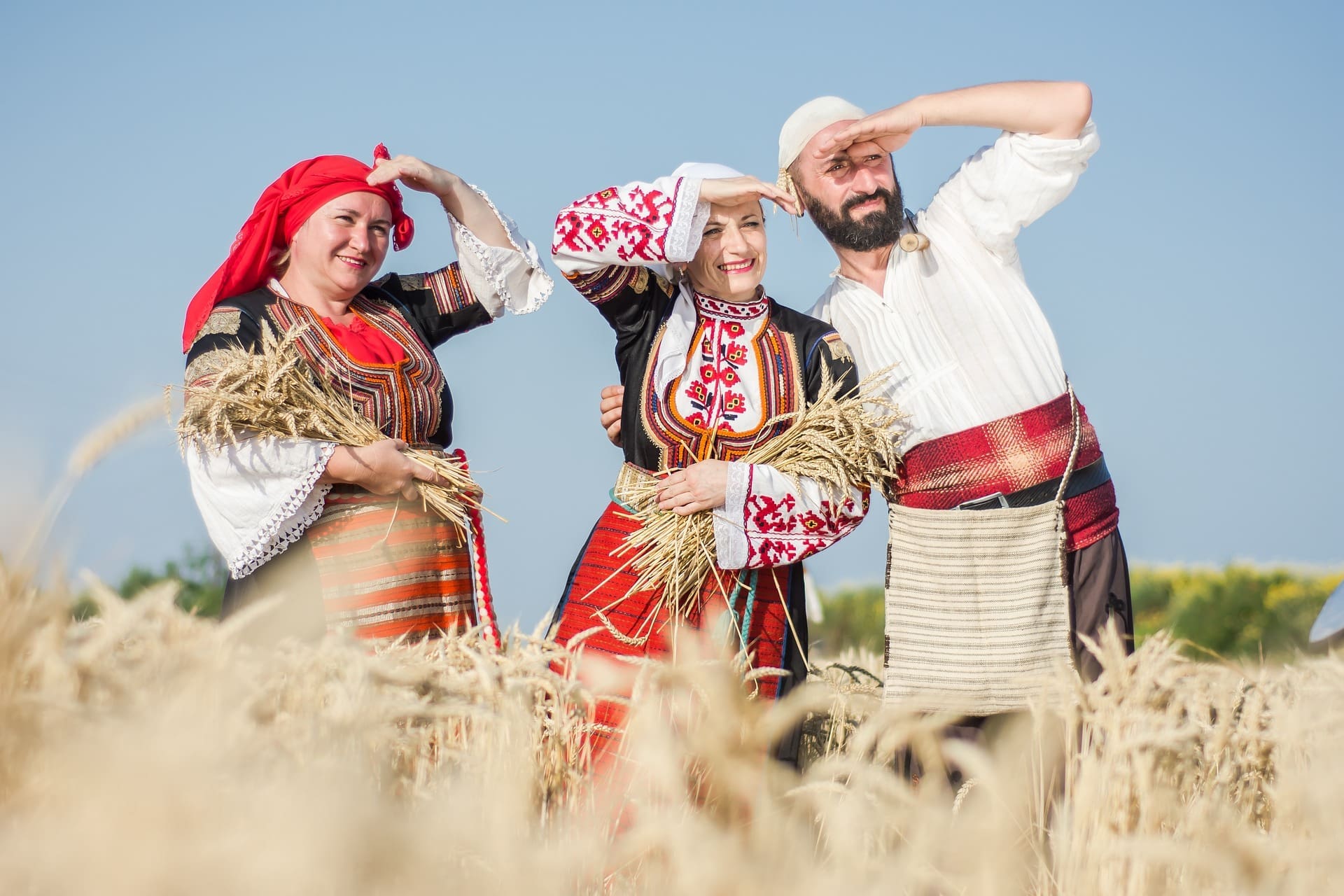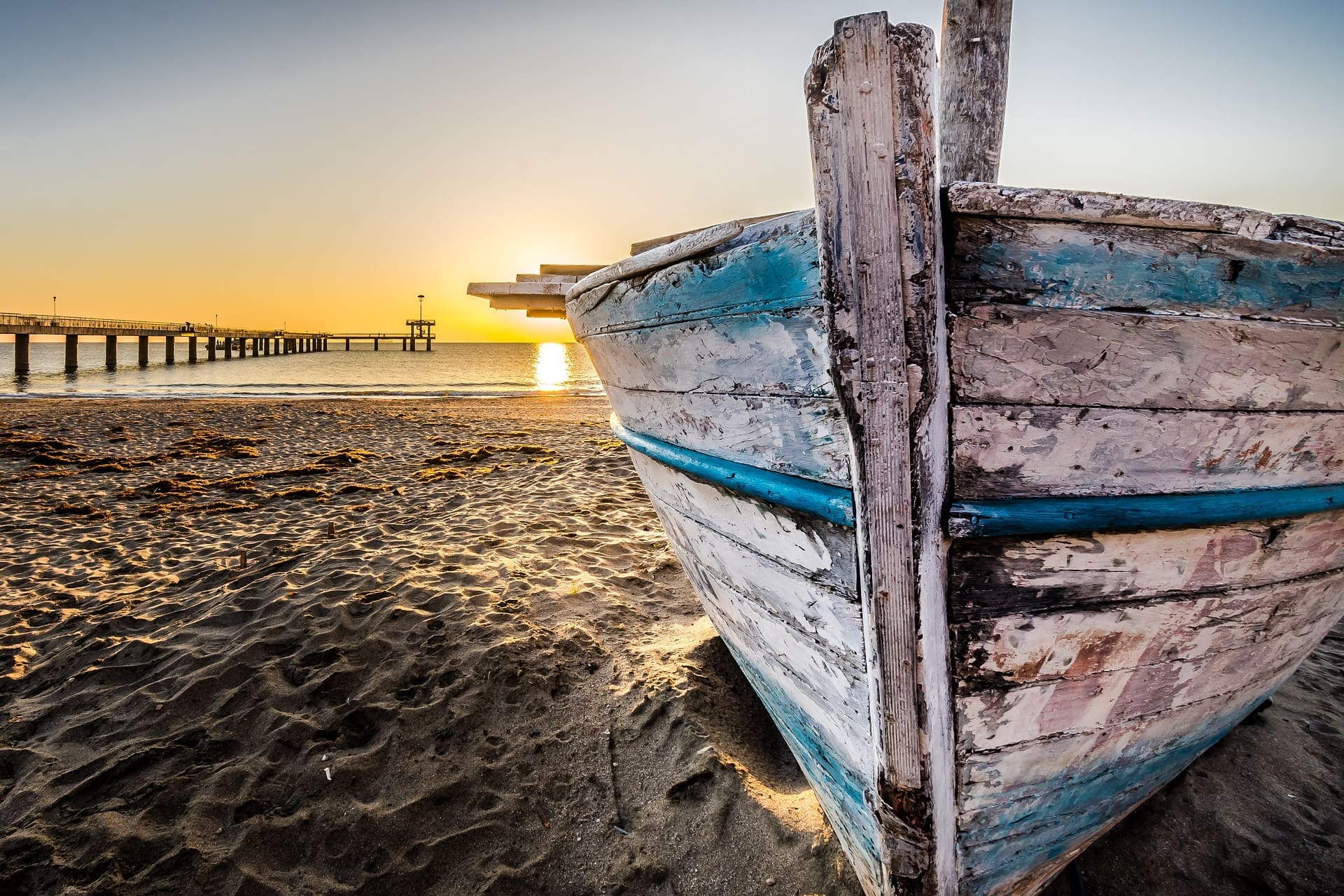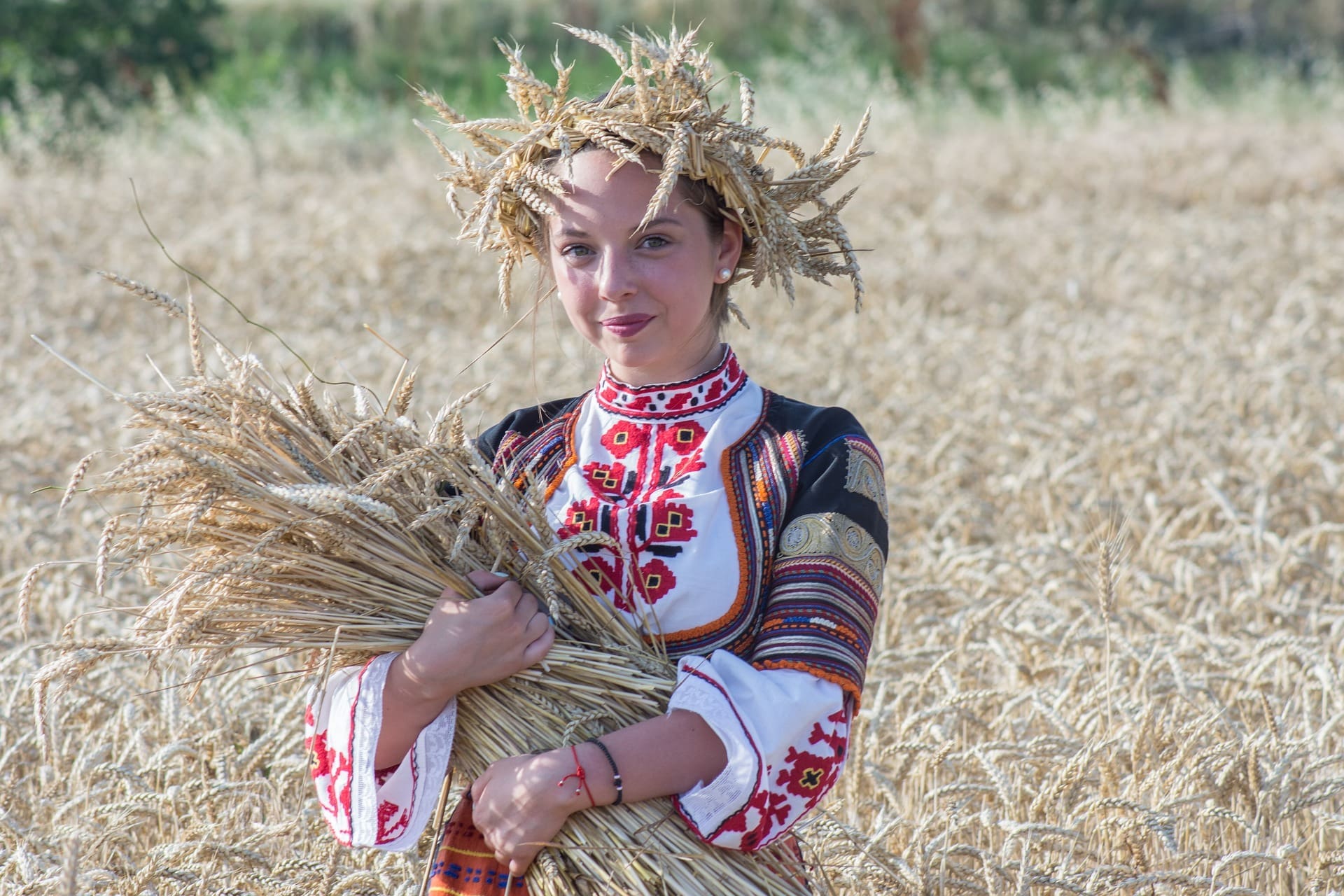Bulgaria
ancient, colorful, hospitable, culinary delights
About Bulgaria
Culture and Religion
Where to go
How to get there
Visa Requirements
Travelling Budget
About Bulgaria
Bulgaria, officially known as the Republic of Bulgaria, is a country located in southeastern Europe. Nestled between Romania to the north, Serbia and North Macedonia to the west, Greece and Turkey to the south, and the Black Sea to the east, Bulgaria offers a rich and diverse cultural experience.
With a history dating back thousands of years, Bulgaria boasts a wealth of ancient archaeological sites and historical landmarks. The country was once part of the Roman Empire and the Byzantine Empire, leaving behind a legacy of impressive ruins and architectural wonders. Notable sites include the ancient city of Plovdiv, the Thracian tombs in Kazanlak, and the Rila Monastery.
Bulgaria’s natural beauty is equally impressive. From the majestic Balkan Mountains to the picturesque Black Sea coastline, the country offers a diverse range of landscapes to explore. The Rhodope Mountains in southern Bulgaria enchant visitors with their mystical folklore, while the stunning Seven Rila Lakes captivate hikers and nature lovers.
The Bulgarian people are known for their warm hospitality and friendliness. Traditional customs and folk traditions continue to thrive, with Bulgarian music, dance, and cuisine providing a vibrant cultural experience. The country’s cuisine is a delightful blend of Balkan, Mediterranean, and Eastern European influences, featuring dishes such as banitsa (a cheese-filled pastry), shopska salad, and kebapche (grilled meat).
Overall, Bulgaria offers a captivating blend of history, natural beauty, and warm hospitality. Whether exploring its ancient ruins, hiking its mountain trails, or indulging in its culinary delights, visitors are sure to be enthralled by all that Bulgaria has to offer.
Culture and Religion
Bulgaria has a rich and diverse culture molded by its historical and geographical influences. The country’s culture is a fusion of Thracian, Greek, Roman, Byzantine, Ottoman, and Slavic influences, resulting in a unique and vibrant heritage.
The majority of Bulgarians identify as Eastern Orthodox Christians, and the Bulgarian Orthodox Church has been a significant element of the country’s culture and religious life for centuries. Religious traditions are deeply ingrained in Bulgarian society, with elaborate church rituals and festivities celebrated throughout the year. The most prominent religious holidays include Easter, Christmas, and St. George’s Day.
Folklore plays a significant role in Bulgarian culture, with traditional music, dance, and costumes being a source of immense pride. Bulgarian folk dances, such as the horo, involve intricate footwork and lively movements, and they are often performed during festivals and special occasions. Traditional songs, called “horo songs,” frequently accompany these dances.
The preservation of traditional crafts is also an integral part of Bulgarian culture. Bulgarian artisans excel in woodworking, pottery, textile weaving, embroidery, and jewelry making. The art of creating intricately painted Orthodox icons and ornately carved wooden sculptures is particularly valued.
Literature and art have thrived in Bulgaria for centuries. Prominent Bulgarian authors and poets, such as Ivan Vazov and Hristo Botev, have made significant contributions to Bulgarian literature. The visual arts are also highly regarded, with Bulgarian painters and sculptors leaving their mark on the national and international art scene.
Festivals and events are an essential part of Bulgarian culture, ranging from the nationwide celebrations of Liberation Day and Independence Day to regional festivals that showcase local traditions and customs. Notable events include the Kukeri Festival in Pernik and the Rose Festival in Kazanlak, celebrating the country’s rose oil production.
In summary, Bulgaria’s culture is a vibrant tapestry woven from diverse influences, religious traditions, folk customs, arts, and crafts. This fusion of elements has shaped a unique identity that continues to be cherished and celebrated by its people.
Where to go

Sofia
The capital city of Bulgaria, with a rich history dating back to Roman times. Highlights include the stunning Alexander Nevsky Cathedral, the ancient Serdika Roman ruins, and the vibrant Vitosha Boulevard.

Plovdiv
Known as one of the oldest continuously inhabited cities in Europe, Plovdiv offers a mix of history and culture. Explore the Roman Theater, admire the charming Old Town with its colorful houses, and visit the Kapana District, known for its artistic vibe and trendy shops.

Bansko
A popular ski resort town nestled in the Pirin Mountains. In the winter, Bansko offers excellent skiing and snowboarding opportunities, while in the summer, visitors can enjoy hiking in the stunning mountain landscapes.

Rila Monastery
Located in the Rila Mountains, this UNESCO World Heritage site is one of Bulgaria’s most iconic landmarks. Admire the beautiful frescoes and architecture of the monastery, and enjoy the serene surrounding nature.
Note: These are just a few highlights of Bulgaria, and the country offers many more attractions and hidden gems worth exploring.
How to get there
There are several ways to reach Bulgaria, depending on your location and budget. Here are some common options:
By Air: Bulgaria has several international airports, with Sofia Airport being the busiest and most well-connected. Many major airlines offer direct flights to Sofia from various European cities, as well as some destinations in the Middle East. In addition to Sofia, there are also international airports in Varna and Burgas, mainly serving tourists visiting the Black Sea coast.
By Train: Bulgaria has train connections with several neighboring countries, including Romania, Serbia, Greece, and Turkey. The train network within Bulgaria is extensive, making it a convenient option for those traveling from nearby countries. International trains typically terminate at Sofia Central Station, where you can connect to trains to other Bulgarian cities.
By Bus: Bulgaria has an extensive bus network, making it accessible from various European countries. International bus services operate from neighboring countries like Romania, Greece, Serbia, and Turkey. Major cities like Sofia, Varna, and Burgas are well-connected by bus services, while smaller towns often have regional bus connections.
By Car: If you prefer to drive, you can reach Bulgaria by road via the well-maintained European road network. The country is accessible from neighboring countries such as Romania, Serbia, Greece, and Turkey. However, do check the entry requirements and driving regulations for each country you pass through.
By Sea: If you plan to visit the Black Sea coast, you can consider taking a ferry or a cruise ship. Several cruise ships stop at ports like Varna and Burgas, allowing passengers to explore the coastal regions.
Overall, Bulgaria offers various transportation options to suit different preferences and budgets. Whether you opt for air travel, train, bus, car, or sea, reaching Bulgaria is relatively straightforward and can be an enjoyable part of your journey.
Visa Requirements
Visa requirements for Bulgaria vary depending on your nationality and the purpose and duration of your visit. Here is a general overview:
European Union (EU) and European Free Trade Association (EFTA) citizens: Citizens of EU and EFTA member states can enter Bulgaria with a valid passport or national identity card for stays up to 90 days within a 180-day period. No visa is required.
Schengen Area citizens: Bulgaria is not part of the Schengen Area, so if you hold a Schengen visa, it does not grant you automatic entry into Bulgaria. However, EU and EFTA citizens with a valid Schengen visa can enter Bulgaria for stays of up to 90 days within a 180-day period.
Non-EU and non-Schengen citizens: Citizens of countries outside the EU and Schengen Area usually require a visa to enter Bulgaria. You should check with the Bulgarian embassy or consulate in your home country or the Ministry of Foreign Affairs of Bulgaria for specific visa requirements and application procedures.
Visa-free entry agreements: Bulgaria has visa-free agreements with several countries allowing their citizens to enter without a visa for specific periods (ranging from 30 days to 1 year), for tourism, business, or other purposes. The list of visa-free countries can change over time, so it is advisable to confirm with the relevant authorities.
It’s essential to note that visa requirements may differ for various categories, such as work, study, or long-term stays. It is recommended to contact the Bulgarian embassy or consulate in your country or consult official sources, such as the Ministry of Foreign Affairs of Bulgaria or the Bulgarian Embassy website, to get the most accurate and up-to-date information regarding visa requirements for your specific circumstances.


Travelling Budget
The cost of traveling to Bulgaria can vary depending on your travel preferences and style. However, here is a general breakdown of expenses you might expect:
1. Flights: The prices of flights to Bulgaria can vary depending on your departure location and the time of year you plan to travel. On average, flights can range from $400 to $800 round trip.
2. Accommodation: Bulgaria offers a wide range of accommodation options, including luxury hotels, budget hotels, guesthouses, and hostels. Prices can start as low as $20 per night for budget options and can go up to $100+ per night for more luxurious accommodations.
3. Transportation: Public transportation in Bulgaria is quite affordable, with buses and trams being the most common modes of transportation. Prices for a one-way ticket can cost around $0.50 to $1.00. Taxis are also relatively inexpensive, but make sure to agree on a price before getting in.
4. Food: You can find a variety of affordable dining options in Bulgaria, including local restaurants and street food stalls. The average cost for a meal in a mid-range restaurant can range from $5 to $15, and street food options can be as low as $2 to $5 per meal.
5. Activities: Bulgaria offers a range of activities and attractions, such as historical sites, museums, natural parks, and outdoor activities. Entrance fees can vary, but on average, you can expect to pay around $5 to $15 for most attractions.
Taking all these factors into consideration, a daily budget of around $50 to $100 per person should generally be sufficient for accommodation, food, transportation, activities, and some souvenirs. However, it is important to note that this is just a rough estimate, and your actual expenses may vary depending on your personal preferences and travel style.
What makes your journey easier
Everything you need to know about what to bring to make your travels easier, more safe and fun
Be Mindfull
Gadgets
Gear
Insurance
Visa













![Bulgaria 3x [tsarevets-veliko tarnovo]](https://travelhd.nu/wp-content/uploads/2023/08/Bulgaria-3x-tsarevets-veliko-tarnovo--scaled.jpg)










